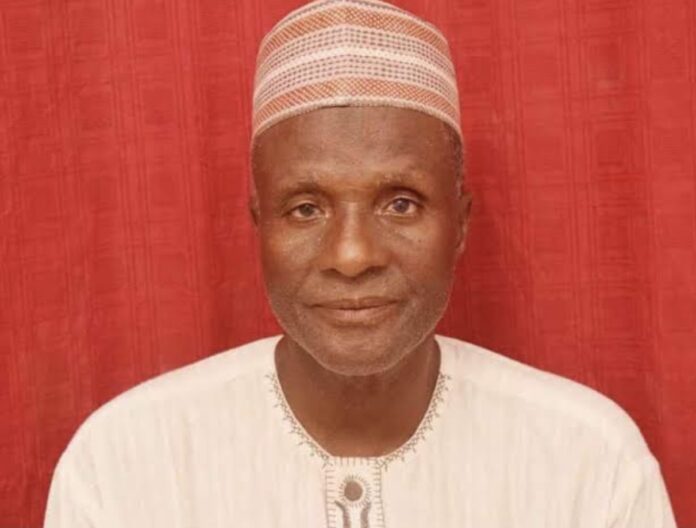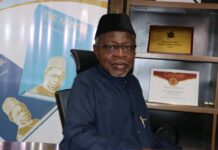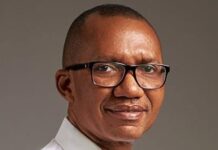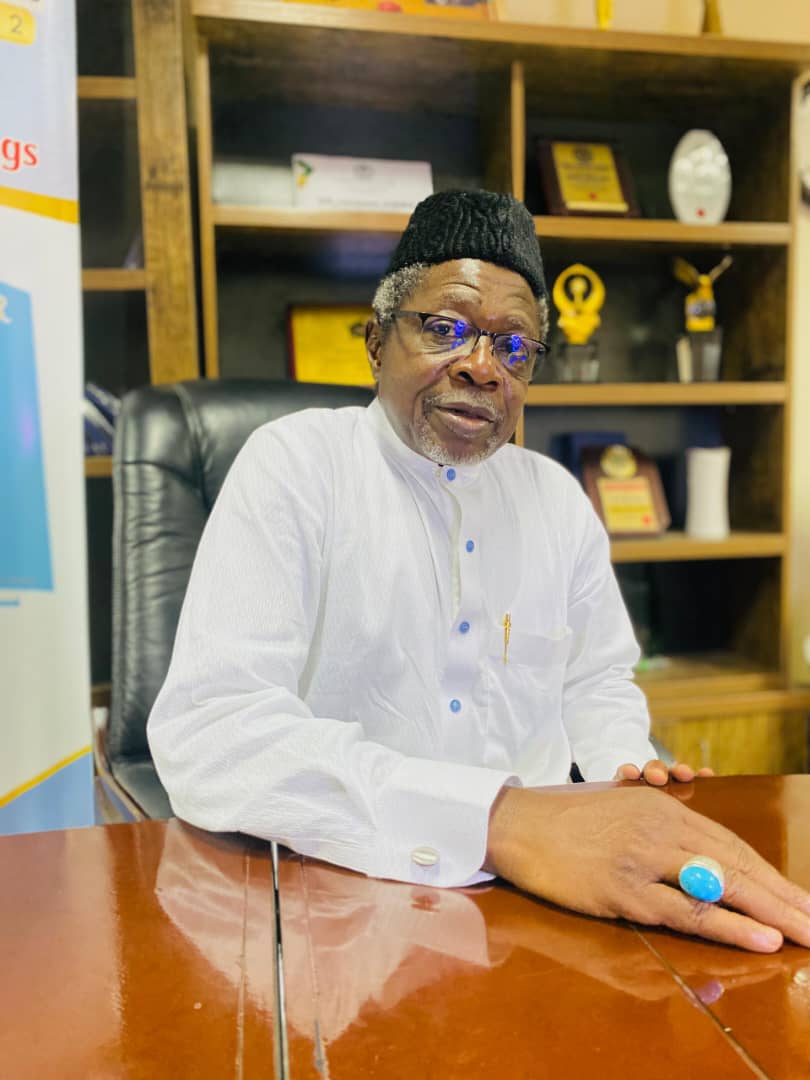Alternative approaches to oppositional coalition in Nigeria, by Aminu Habibu Jahun
Political coalitions are usually forged to deflate asymmetrical power relations between ruling and opposition parties, to enable the latter to fairly confront the former in elections. The hyperactive engagements and posturings of Nigeria’s leading opposition figures, are tailored towards the formation of such a coalition to engage the ruling party in 2027.
Shortly after Nasir El Rufai joined the SDP, Atiku Abubakar informed the nation, that a powerful oppositional coalition was underway. And after their recent Ibadan meeting, the PDP governors added their voices on the issue.
The alternative approaches to the coalition formation include: First, there is the small party approach, promoted by El Rufai, the accidental public servant, brought into political limelight by the nation’s major parties( PDP and APC), who ruptured relations with each, and seems to have found political comfort in the bossom of a small party. From his chummy relations with Atiku Abubakar, one could say that the former vice president is also hung up on the ElRufai coalition stuff. The approach is anchored on transforming a small party into the nerve centre of oppositional coalition.
Since not every politician is an Atiku Abubakar, who could join any of the big parties today and pick its presidential ticket tomorrow, most of those nursing presidential ambition could only cross over to small parties and easily pick a presidential ticket therein. This could partly be behind the projection of a small party as the arrowhead of the coalition, to provide a presidential platform for a few opposition chieftains.
READ ALSO: Nigeria and the wind of change in Africa, by Aminu Habibu Jahun
ElRufai’s entry into the SDP, and his passionate recruitment drive to attract notable opposition figures into the party, could be a prelude to its transformation into the nucleus of the coalition.
A small party driven coalition has no historical precedent In Nigeria. There was never a time when a small party played a central role in coalitional politics. The first Republic’s opposition parties, which formed the United Progressive Grand Alliance( UPGA) were not as unknown as most of the 4th Republic’s numerous small parties.
The preference for a small party driven coalition could be a put off to the million votes generating big opposition parties. Since to whom much is given, much is expected, should a small party become a coalitional arrowhead, it should disproportionately contribute to the opposition like a big party.
Besides its big catch: the El Rufai group, devoid of subnational clout, without a large membership base, and bereft of Buhari’s CPC’s Olympian like integrity, what disproportionate oppositional value would the SDP add to the coalition to justify its promotion as its political nerve centre?
But despite their limitations, numerous small parties on board the opposition train could add substantial value to the political coalition. Therefore, their size and political visibility shouldn’t preclude them from active participation in the ongoing coalition consultations.
Secondly, there is the bulky frame party approach, articulated by the PDP governors, that a coalition could only be piloted by the biggest opposition party. Impliedly, according to their stance, the PDP should drive the coalition, since its doors are too wide to accomodate the other parties, whilst their doors are too restrictive for its bulky frame as a coalitional partner.
Due to imtimidating memberships, resource bases and extensive subnational clout , bulky frame parties have high oppositional value. Ruling parties lose sleep when they are the arowheads of oppositional coalitions, and worry less with small parties driven coalitions. Aware of their oppositional potentials, Nigeria,s APC led regime wouldn’t allow any of the bulky frame parties to enjoy the peace to focus on effective oppositional politics.
The bulky frame party approach may be dominant in the PDP, because it has been articulated, and is being promoted, by those paying the piper, who should supposedly be dictating the tune in the party.
The drawback of only- a- big party-can play-a central-role stance in political coalition glosses over the voluntary character of oppositional coalitions. Since they are voluntary, they are cooperative, therefore muscle flexing by big parties with higher political visibility could dampen the coalitional spirit of small parties. That would be a loss to the coalition, and gain to the ruling parties.
Sectarian objectives substantially deflate the oppositional value of bulky frame parties, underscoring the recent subtle clash between different blocs pushing conflicting approaches to the coalition in the PDP. In 2015, cumulative sectarian objectives stamped it with a self imploding character, which facilitated its defeat by the APC, plotted by its most priviledged members. Unconcerned with 2015, some of its governors are presently set to tread the self imploding path trodden by the nPDP governors in 2027. Pastor Umo Uno, the Akwa Ibom governor, publicly voiced his preference for PBAT’s victory in 2027. There may be many Unos among the PDP governors.
Put off by the disoriented state of the largest opposition party, and the exclusive ethnic character of the other, some oppositionists push for the third approach to the coalition formation: the merger approach. The merger approach is an inclusive approach giving to both the bulky and small parties their due oppositional signifance and roles in the coalition. Given the success of the APC in 2015, political merger would be the best approach to confront the APC in 2027. But bulky frame political parties boastful of their sizes, political visibility and clout, disoriented by the uncompromising stance of power blocs in them; and the small parties angling to undertake larger than life functions in the coalition, and governmental interference would hardly allow the merger approach to drive the political coalition in Nigeria.
The tragedy of African, or Nigerian, democracy is that a party birthed by political coalition is standing heads over heels to frustrate the formation of another oppositional coalition to confront it in an election. But despite the efforts to frustrate the coalition, it is the responsibility of the wider opposition community to plot how to legally circumvent the wedges to prevent an effective coalition to confront the ruling party in 2027.
Jahun, a Public Affairs Commentator, writes from Dutse, the Jigawa State capital.
Follow the Neptune Prime channel on WhatsApp:
Do you have breaking news, interview request, opinion, suggestion, or want your event covered? Email us at neptuneprime2233@gmail.com





